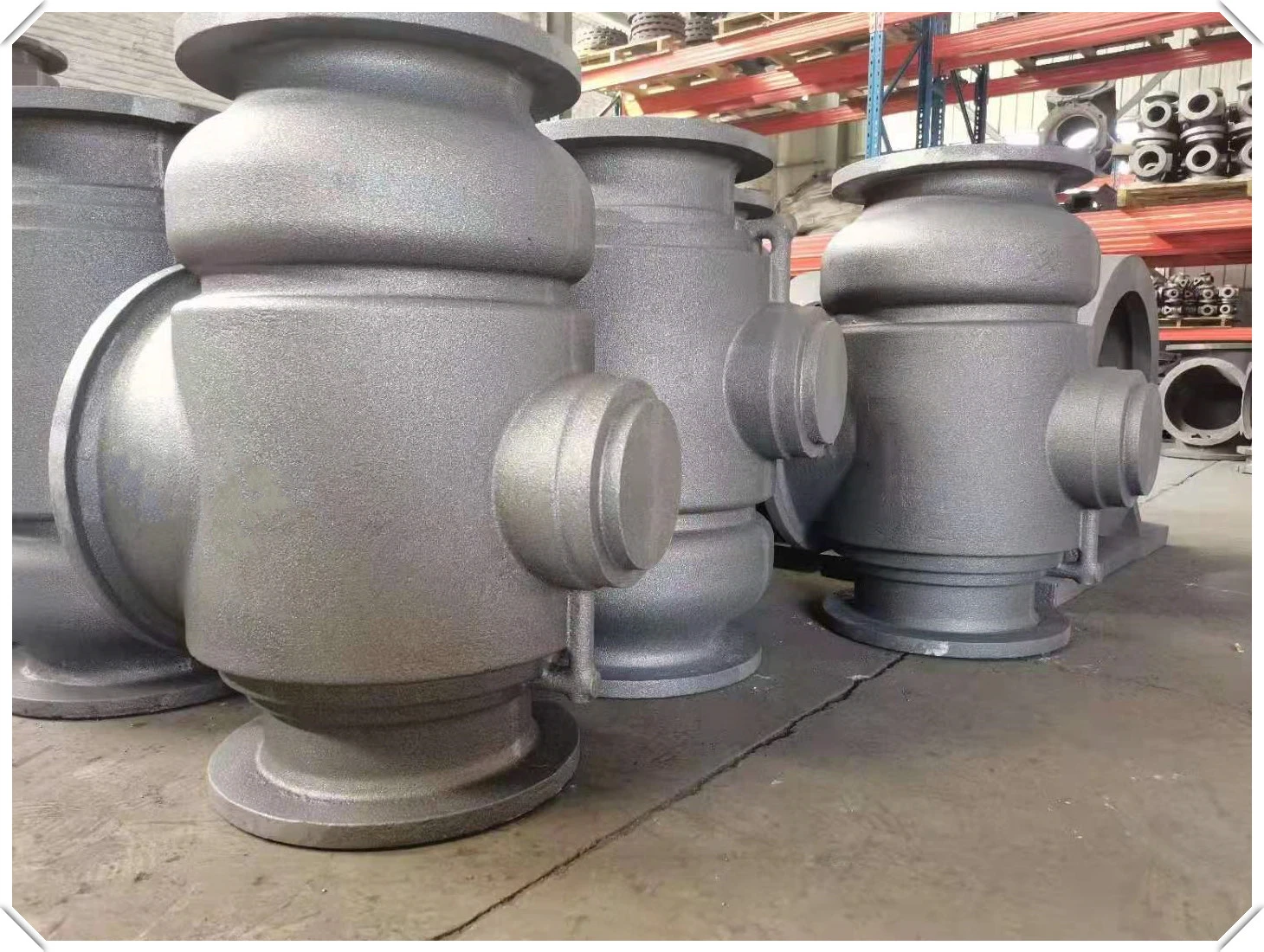Mobile:+86-311-808-126-83
Email:info@ydcastings.com
casting 6061 aluminum
The Versatility of Casting 6061 Aluminum
Aluminum is one of the most utilized metals in various industries today, thanks to its desirable properties such as lightweight, corrosion resistance, and excellent strength-to-weight ratio. Among the numerous aluminum alloys available, 6061 aluminum stands out for its versatility, especially in casting applications. This article delves into the characteristics, benefits, and applications of casting 6061 aluminum, emphasizing why it is a material of choice in numerous sectors.
Characteristics of 6061 Aluminum
6061 aluminum is a heat-treatable alloy, primarily composed of aluminum, magnesium, and silicon. This alloy is well-known for its remarkable mechanical properties, which include good weldability, machinability, and the ability to withstand adverse environmental conditions. Its medium-to-high strength and exceptional corrosion resistance make it a preferred choice for demanding applications.
The ability to be heat-treated allows 6061 aluminum to attain higher strength levels. It can be strengthened through the solution heat treatment followed by aging, achieving a maximum yield strength of around 40,000 psi (276 MPa). Moreover, the alloy exhibits excellent resistance to stress corrosion cracking, a crucial factor in industries where components are subjected to prolonged exposure to harsh environments.
Benefits of Casting 6061 Aluminum
Casting is a manufacturing process where liquid metal is poured into a mold and allowed to solidify, acquiring the shape of the mold. One of the primary benefits of casting 6061 aluminum is its capability to produce complex geometries that would be challenging to achieve with other manufacturing processes. The casting process is ideal for producing intricate parts and components with varying wall thicknesses, benefiting industries such as automotive, aerospace, and marine.
Another significant advantage is the reduction of material waste. Unlike machining processes that often generate considerable scrap material, casting optimizes material usage, making it a cost-effective solution. Furthermore, casting allows for the production of large components in a single operation, reducing assembly time and increasing efficiency in the manufacturing process.
casting 6061 aluminum

Additionally, 6061 aluminum's lightweight property is crucial in applications where weight reduction is essential, such as in aerospace engineering and automotive manufacturing. Using cast aluminum components can lead to overall weight savings, contributing to improved fuel efficiency and performance.
Applications of Casting 6061 Aluminum
The versatility of casting 6061 aluminum means it finds applications across a wide range of industries. In the automotive sector, it is commonly used for manufacturing various parts including engine blocks, transmission housings, and wheels. The properties of 6061 are particularly beneficial for car manufacturers striving to reduce vehicle weight while maintaining strength and safety.
In the aerospace industry, where components must meet rigorous safety and reliability standards, 6061 aluminum is frequently utilized in the production of aircraft parts, structural components, and even satellite housings. Its ability to withstand extreme conditions while retaining strength makes it an ideal material for aerospace applications.
Another field where casting 6061 aluminum has gained traction is in the construction industry. Structural components, such as beams and supports, benefit from the alloy's strength and lightweight characteristics, enabling architects and engineers to innovate designs that maximize both beauty and functionality.
Furthermore, the marine industry leverages the corrosion-resistant properties of 6061 aluminum for manufacturing boat components, such as hulls and fittings. The ability to withstand saltwater and harsh weather conditions makes this alloy a reliable choice for maritime applications.
Conclusion
In conclusion, casting 6061 aluminum presents numerous advantages that enhance its appeal across various industries. With its excellent mechanical properties, versatility in producing complex shapes, and ability to reduce material waste, 6061 aluminum continues to be a popular choice for manufacturers looking to combine efficiency, strength, and lightweight characteristics in their products. As technology advances and industries evolve, the demand for such a flexible and robust material will likely continue to grow, solidifying 6061 aluminum’s position as a cornerstone in the world of metal casting.
-
Why Should You Invest in Superior Pump Castings for Your Equipment?NewsJun.09,2025
-
Unlock Performance Potential with Stainless Impellers and Aluminum End CapsNewsJun.09,2025
-
Revolutionize Your Machinery with Superior Cast Iron and Aluminum ComponentsNewsJun.09,2025
-
Revolutionize Fluid Dynamics with Premium Pump ComponentsNewsJun.09,2025
-
Optimizing Industrial Systems with Essential Valve ComponentsNewsJun.09,2025
-
Elevate Grid Efficiency with High-Precision Power CastingsNewsJun.09,2025











